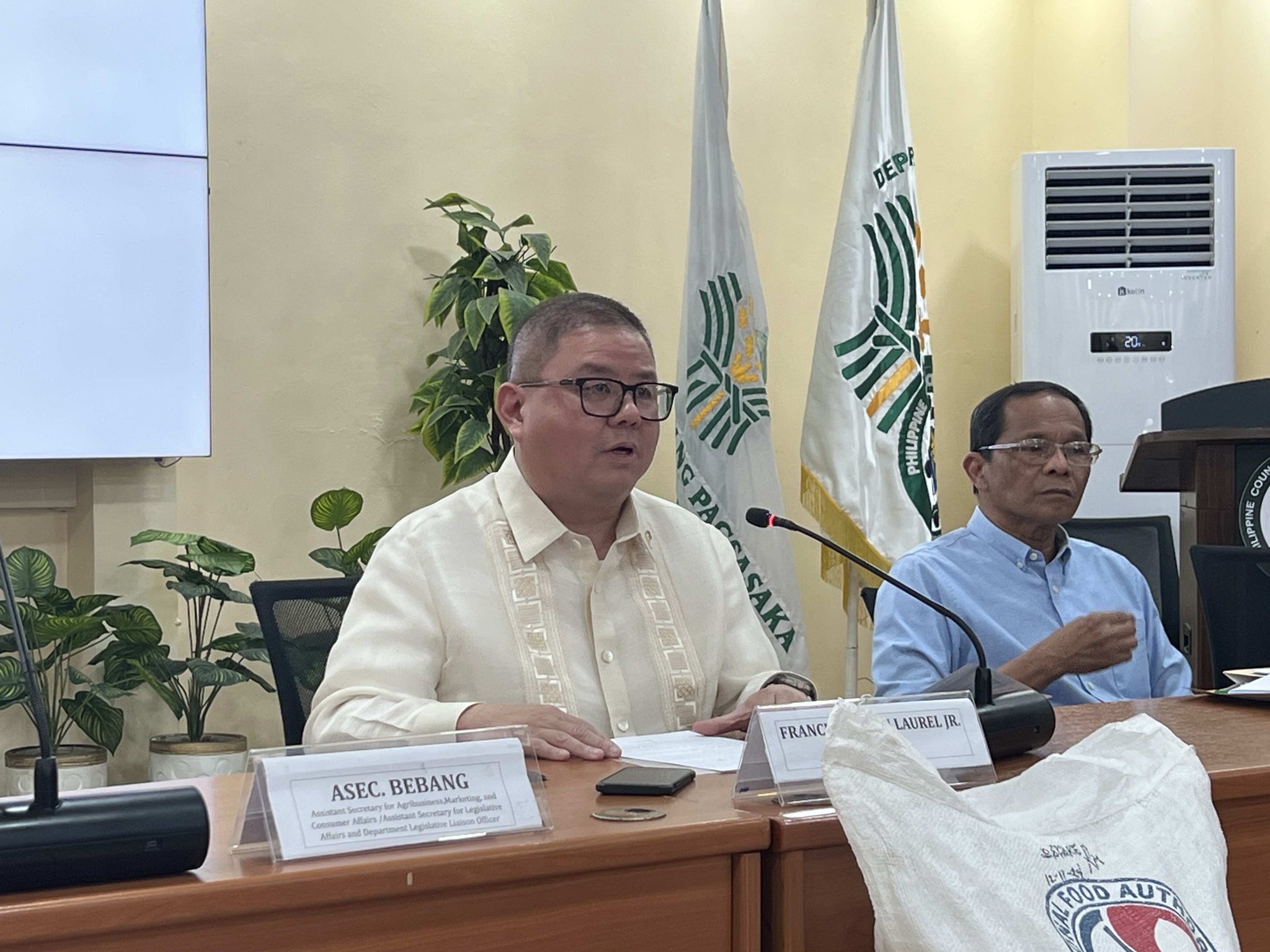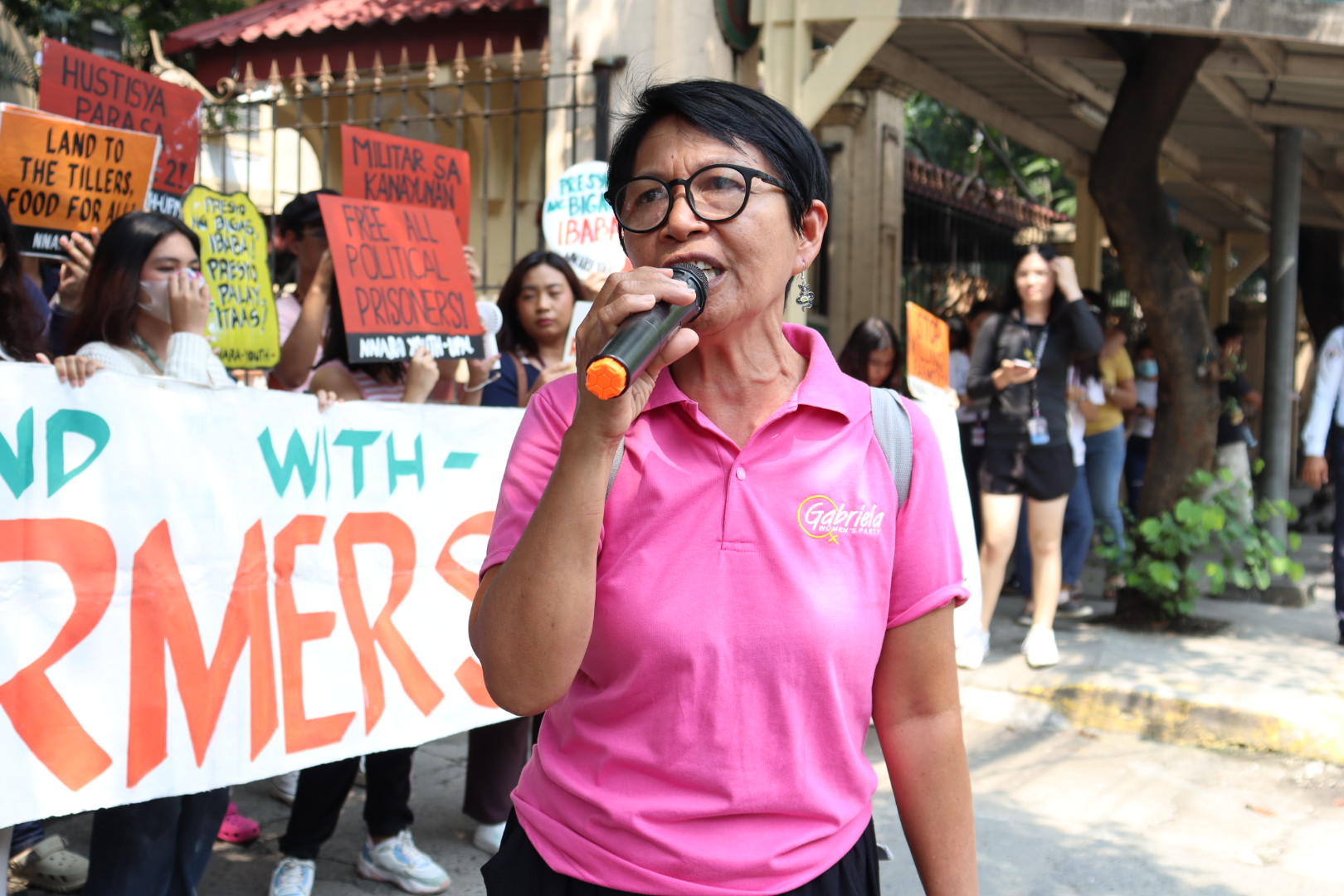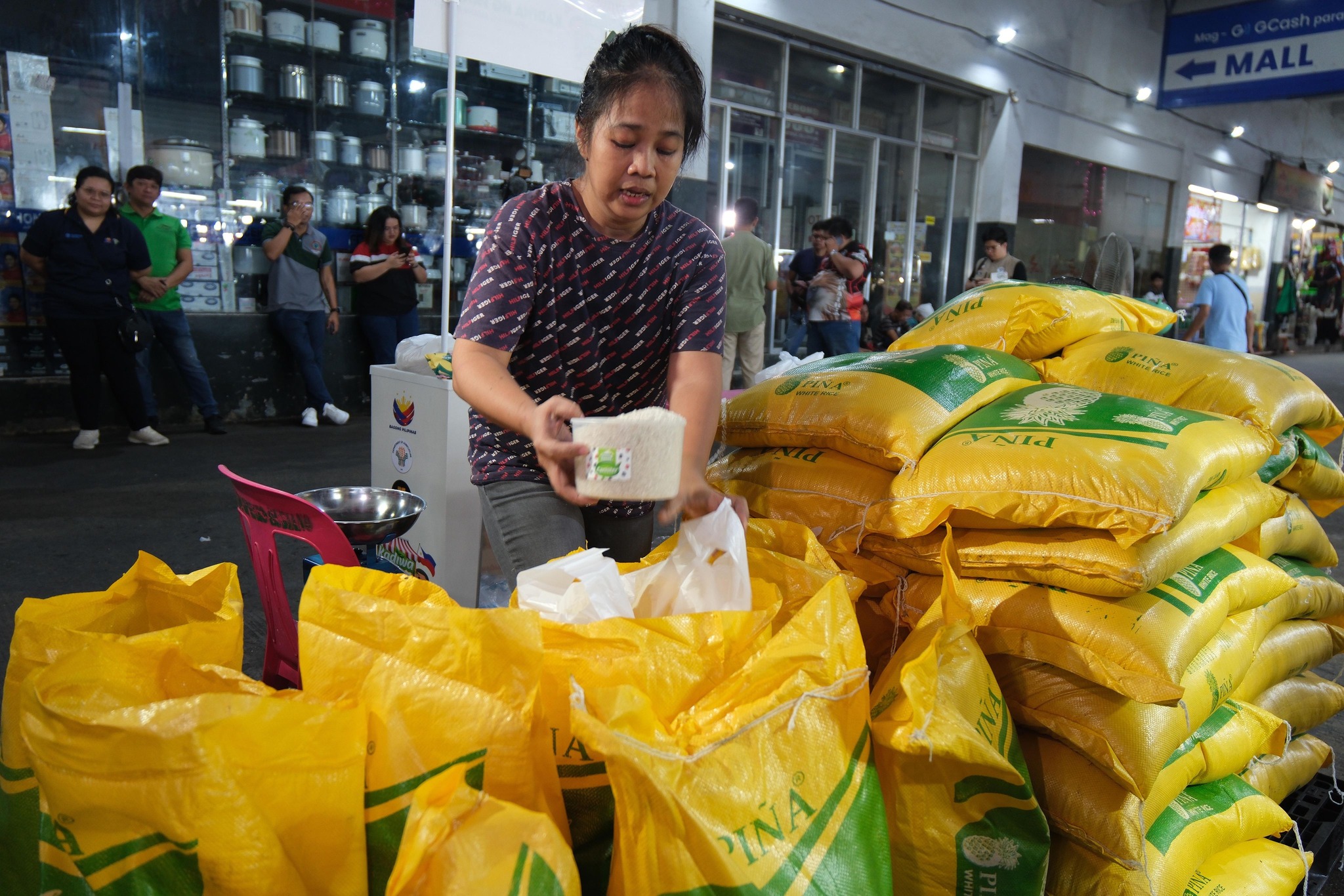Last week, the program of the P 20 per kilo rice was rolled out in Cebu by Agriculture Secretary Francisco Tiu Laurel Jr. However, within the same day, the Comelec called on the Department of Agriculture (DA) to defer the program, citing the ban on the distribution of government assistance during the 10 days leading up to the polls and on election day itself.
Following the recommendation from the Commission on Elections (Comelec), the government’s P20 per kilo rice program has been suspended until after the May 12 elections. Comelec Chairman George Erwin Garcia said freezing the program would keep it from being used as a campaign tool. Garcia said the agency does not intend to prevent the DA from providing aid to the people, but the law prescribes that state resources should not be used for political motives.

DA Secretary Tiu Laurel finally announced the program’s suspension, highlighting the DA did not want to be accused of violating election rules.
The Kilusang Magbubukid ng Pilipinas (KMP and Amihan National Federation of Peasant Woman Farmers said the initiative is an attempt to save President Ferdinand Marcos Jr.’s declining approval ratings and improve the chances of administration-backed candidates of winning in the elections.
The groups said the program is “worse than vote-buying” since the money for the subsidy also comes from taxpayers. The program also does not offer any practical remedies for the losses and hunger experienced by farmers, farmworkers and retailers, caused by the liberalization and massive importation of rice, they said.
The groups said the Rice Tariffication Law, implemented by the Duterte administration in 2019 and amended by President Ferdinand Marcos Jr. last year, triggered the nation’s rice crisis and the biggest obstacle to providing affordable rice prices and decent livelihoods for farmers.

AGAINST RICE LIBERALIZATION LAW. Farm groups such as Amihan sees that the Rice Liberalization Law as the real obstacle to create a change needed in our rice prices. “Hanggang may Rice Liberalization Law, walang mangyayaring tunay na pagbaba ng presyo ng bigas (As long as the Rice Liberalization Law exists, there will be no real reduction in rice prices). Tinatali nito ang kamay ng gobyerno na huwag magsubsidyo para sa murang bigas at mamili ng sapat na palay mula sa mga lokal na magsasaka (It ties the government’s hands, keeping it from giving subsidies for cheap rice and purchasing enough palay from local farmers),”.
The groups blamed the RTL for the oversupply of imported rice in the local market, lowering the farmgate price of palay (unmilled rice) and negatively impacting farmers’ livelihoods.
With Additional Report: The Manila Times, Giselle Jordan and Kaiser Jan Fuentes







